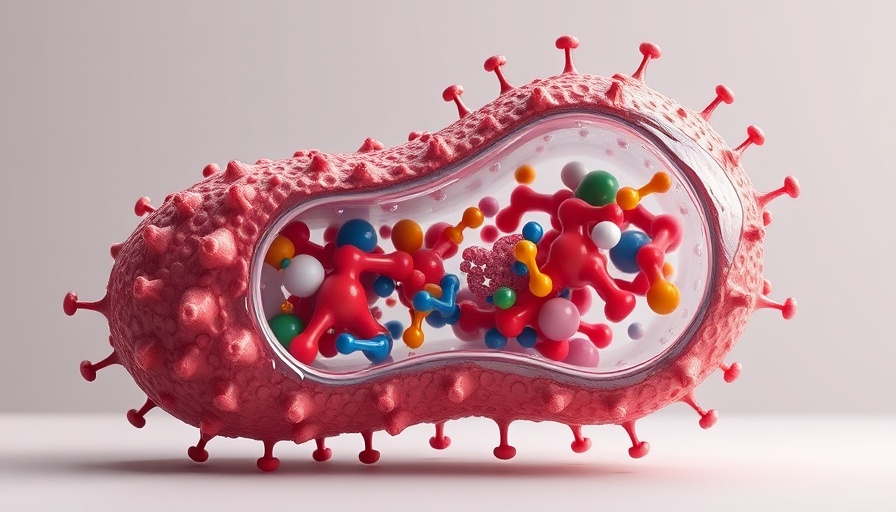
Can Gut Bacteria Absorb Harmful PFAS?
The gut microbiome, composed of trillions of bacteria, is essential for our overall health, helping with digestion and even influencing our immune system. Recent research out of the University of Cambridge has unveiled an intriguing new role for some of these gut microbes: the potential to absorb harmful per- and polyfluoroalkyl substances (PFAS), commonly known as "forever chemicals". This study, which has made waves in the scientific community, suggests these gut bacteria could be harnessed to mitigate the health risks posed by PFAS exposure.
The Findings: A Promising Discovery
Researchers identified 38 gut bacterial strains capable of absorbing PFAS. They discovered that when human gut bacteria were introduced into mouse microbiomes, those mice excreted higher levels of PFAS in their feces compared to control groups without these bacteria. Dr. Indra Roux, a co-author of the study, highlighted the urgent need to address PFAS contamination in our bodies, stating, "We need to try and mitigate their impact on our health now. Our findings open the possibility of developing ways to get them out of our bodies where they do the most harm." This discovery marks a significant step toward understanding how our gut health can influence our exposure to environmental toxins.
Understanding PFAS: The Risk Factor
PFAS are a group of man-made chemicals that have been linked to various health issues, including cardiovascular diseases and certain cancers. These substances make their way into our bodies through everyday products such as nonstick cookware, food packaging, and even cosmetics, presenting a constant threat in our modern lives. Unfortunately, traditional methods of reducing PFAS exposure have proven to be ineffective or unfeasible. The innovative approach of using gut bacteria to absorb these chemicals offers a new avenue for public health interventions.
The Role of Gut Microbes in Health
While the gut microbiome is primarily understood for its role in digestion, its impact extends far beyond. Emerging research highlights how gut bacteria influence everything from mental health to inflammation. With the ability to absorb toxins like PFAS, certain species of gut bacteria might serve as an internal detoxification system, continuously working to rid the body of harmful substances as exposure occurs.
Future Predictions: A New Frontier in Gut Health
This research invites a plethora of future studies aimed at enhancing gut health as a protective factor against environmental chemicals. Scientists may focus on dietary adjustments or probiotic supplementation to cultivate these beneficial bacteria. As we learn more about the specific strains involved, there could also be advancements in developing targeted probiotics specifically aimed at improving PFAS metabolism.
Common Misconceptions About Gut Health and Toxins
Many people believe that gut health is predominantly about digestion or the occasional home remedy for irregularity. However, this new research dispels the myth that gut bacteria serve no purpose beyond basic bodily functions. It underscores the notion that our gut microbiome is a key player in our health, showcasing the interplay between our diet, gut bacteria, and exposure to harmful substances.
Take Action for Your Gut Health
As we await further research, it is crucial to focus on maintaining a healthy gut microbiome. Consuming a diet rich in prebiotics and probiotics—essentially plant fibers that nourish gut bacteria and live beneficial bacteria, respectively—may promote the growth of those bacteria capable of PFAS absorption. Start today by incorporating foods like yogurt, kefir, and fiber-rich fruits and vegetables into your meals.
 Add Row
Add Row  Add
Add 




Write A Comment